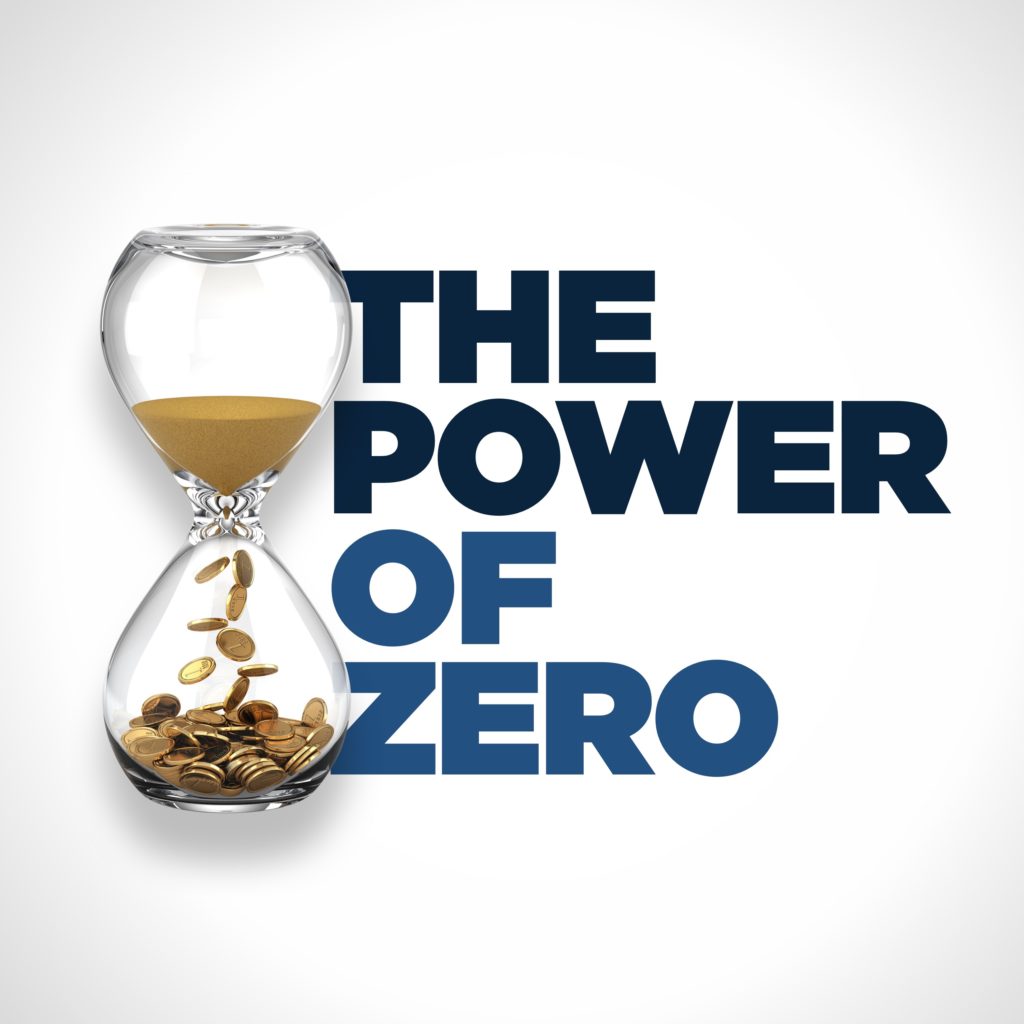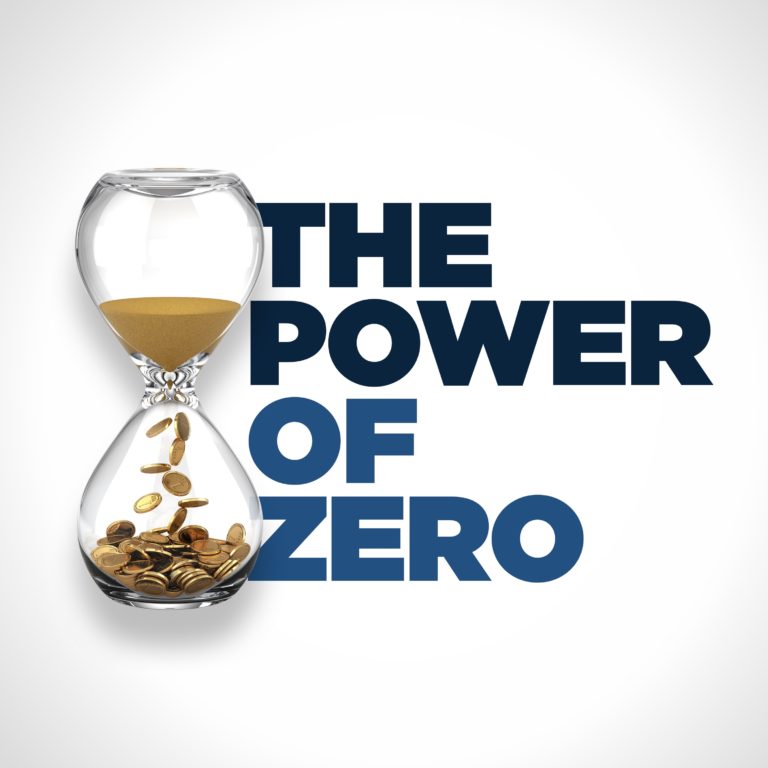The federal government has waived the Required Minimum Distributions for 2020. There are 20% of Americans who don’t spend their RMD’s which means that 80% of the population relies on those RMD’s to pay for daily expenses.
This change affects anyone who had an RMD due in 2020 from their 401(k), IRA, and other retirement accounts.
The IRS takes the value of your account in December of the year prior. In this case the stock market of December 2019 was considerably higher than it is now. Over the past few months the Dow Jones has declined by over $4000.
In a normal year you would be forced to take the RMD on the value of the account as determined at the end of the previous year. The problem now is that this means the IRS is essentially forcing you to sell low.
Even if you don’t need the money at this point in time, you will no longer be able to benefit from the tax-deferred nature of your IRA and will now have to start paying 1099’s on any growth you experience.
The last time this was done was in 2009 after the collateralized mortgage debt crisis.
Sidenote: We went from $24 trillion to $25 trillion in debt in a little over a month. In one year we may be up another $4-$5 trillion in debt. We are accumulating debt at breakneck speed which means the low tax rates we are enjoying right now are all the more a good deal.
When you take an RMD, you have to put it into your taxable bucket. You do not have the luxury of converting it to a Roth IRA, but this year you now have the ability to put it into your tax-free bucket instead of with a Roth conversion.
This won’t make a huge difference in your finances overall but every little bit helps as we move into a period in history where tax rates are going to be dramatically higher than they are today.
Keep in mind that Roth conversions can no longer be undone, so you must be confident that the tax rate you are paying right now is lower than it will be in the future.
The only downside is that for people that need the funds to sustain their lifestyle will not be able to take advantage of this situation.
We have six years to take advantage of historically low tax rates and this is a nice opportunity for the 20% of America that doesn’t need those RMD’s and can take advantage of a Roth conversion.
Another advantage is that because the stock market is currently down you are going to be paying taxes on a lower amount. Let’s pay that lower amount and get the rest into the tax-free bucket to let it recover and compound.
There is an opportunity for those that don’t require their RMD, but they have to take advantage of it by taking action now.



